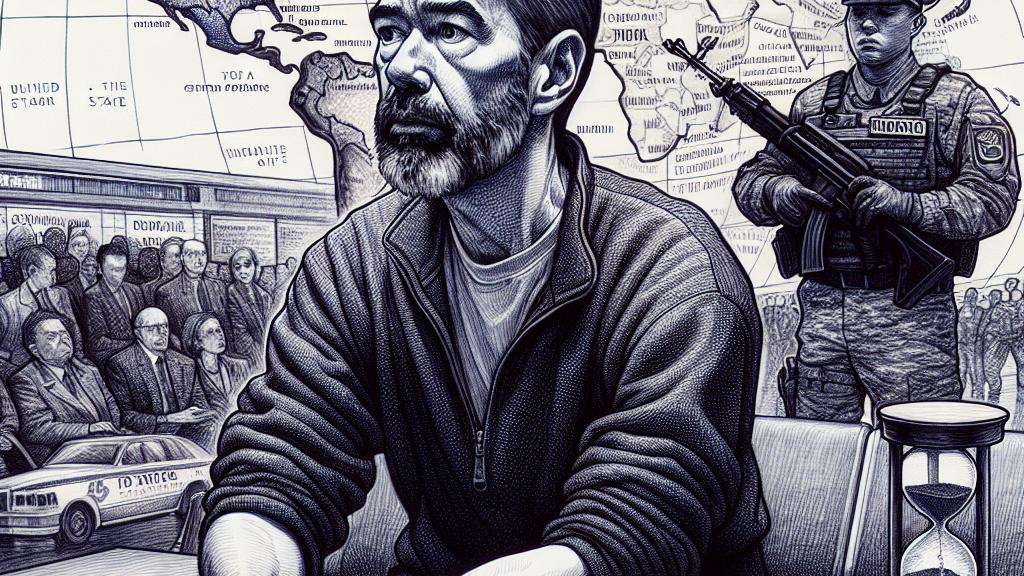Understanding Marc Fogel's Situation as a Wrongfully Detained Teacher in Russia
Overview
- Marc Fogel, a passionate teacher from Pennsylvania, is currently serving a staggering 14-year sentence in Russia.
- His arrest for possessing medical marijuana has raised serious concerns about legal fairness and human rights.
- The US State Department now classifies him as wrongfully detained, indicating potential political motivations behind his imprisonment.

Background on Marc Fogel's Case
Meet Marc Fogel, a high school history teacher whose life took an unexpected turn during a trip to Russia in August 2021. Picture this: you're at the airport, excited for a new adventure, and suddenly, you're being arrested for allegedly having medical marijuana—a substance that his supporters firmly believe was legally prescribed back home in Pennsylvania. Fogel is now facing a 14-year prison sentence, and his case has become a lightning rod for discussions about drug laws and international relations. The story took another twist when Fogel was notably excluded from a prisoner swap last August that saw other Americans, like journalist Evan Gershkovich, gain their freedom. This exclusion has left many wondering about the precarious nature of American citizens abroad and the consequences of global politics.
US Government's Response
In a notable step, the US State Department has classified Marc Fogel as wrongfully detained, a designation that speaks volumes about the U.S. government's commitment to advocating for its citizens. So, what does this really mean for Fogel? Essentially, it suggests there is a belief—not just a hunch—that he may be innocent or that political maneuvering could be at play in his detention. This classification is determined after careful consideration of various factors, such as the credibility of evidence and the circumstances surrounding the arrest. U.S. officials have publicly stated their continuous efforts and desire to secure Fogel's release, emphasizing that his case is being taken seriously and not left in the shadows. The gravity of the proclamation signals a broader narrative about the importance of human rights and the need to stand by American citizens caught in challenging foreign situations.
Call for Action and Public Awareness
As Marc's story unfolds, his family and supporters are stepping up to amplify the urgency of his situation, urging the public to join their cause. They passionately advocate for awareness, believing that more people should understand the serious implications of wrongful detentions—not just for Marc, but for the thousands of Americans abroad who might find themselves entangled in similar situations. It’s essential to foster a dialogue around these issues, as public outcry can often lead to significant change. Imagine if everyone reading this shared Marc’s story; the cumulative voices could create a powerful force, encouraging the U.S. government to prioritize his case. Ultimately, Fogel's situation serves as both a sobering reminder of the risks Americans face and a rallying cry for justice and human rights worldwide. By engaging with his story, we can contribute to a movement that seeks to rectify these injustices, one case at a time.

Loading...